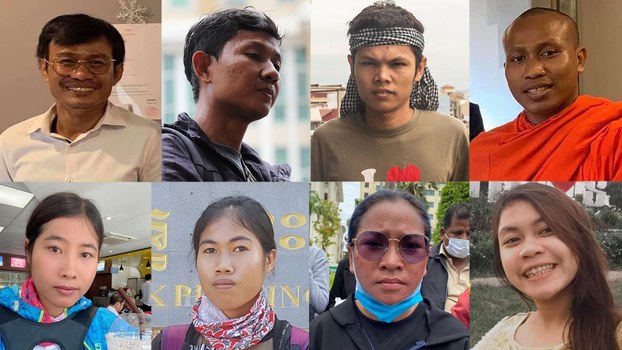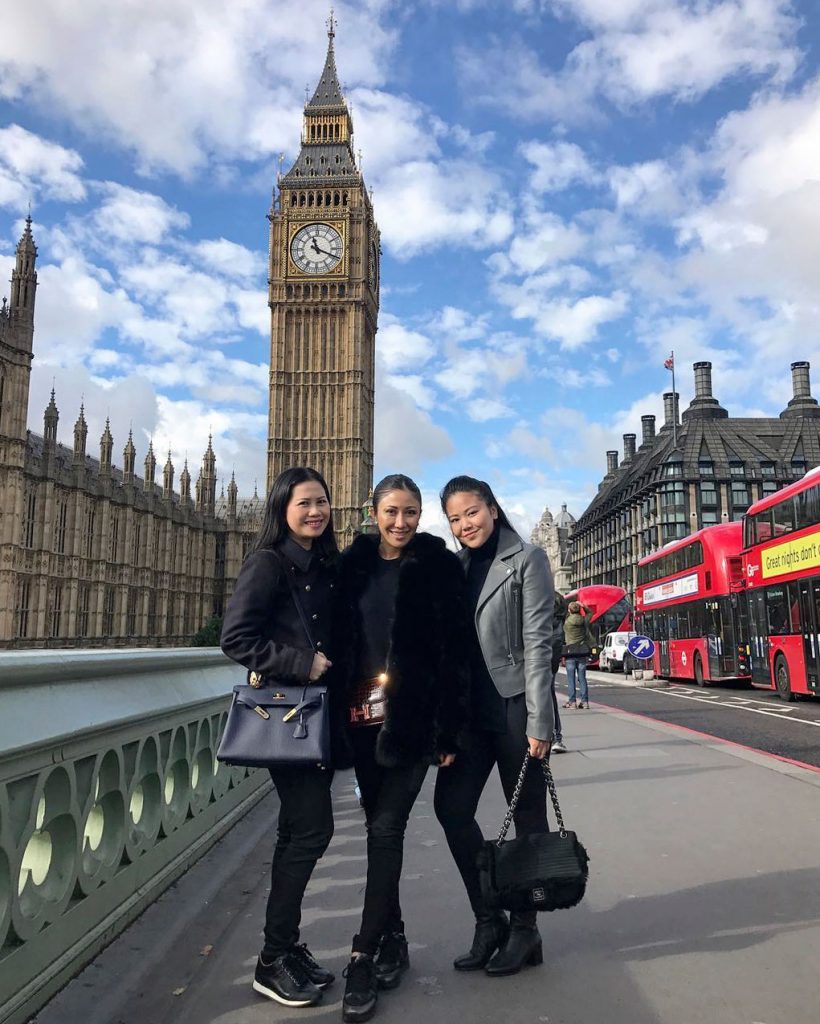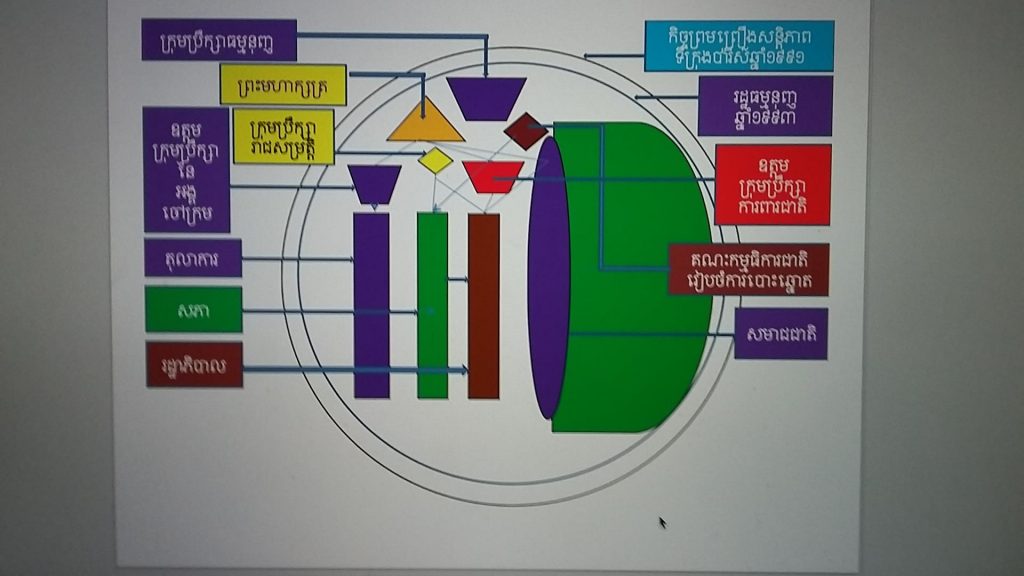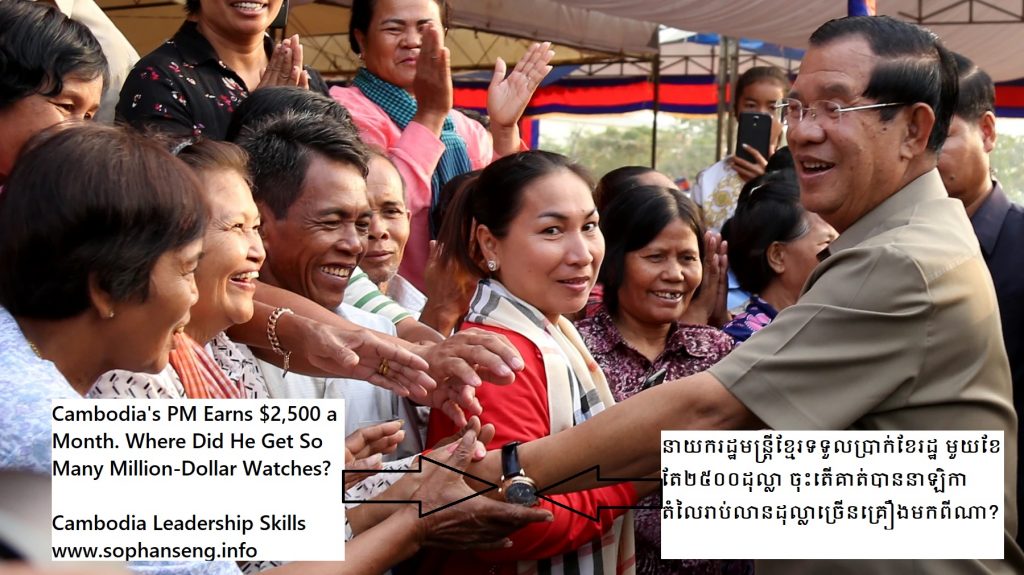Op-Ed: RFA, Sept. 08, 2020
ស្ថានទូតបរទេសមួយចំនួន អះអាងថា ពួកគេកំពុងតាមដានដោយយកចិត្តទុកដាក់ចំពោះការបង្ក្រាបរបស់អាជ្ញាធរលើក្រុមសកម្មជន និងអ្នកតវ៉ាដោយសន្តិវិធី។ តំណាងរដ្ឋាភិបាលបរទេសទាំងនោះ ស្នើឱ្យរបបលោក ហ៊ុន សែន គោរពសិទ្ធិសេរីភាពជាមូលដ្ឋានរបស់ពលរដ្ឋ។ មន្ត្រីជាន់ខ្ពស់រដ្ឋាភិបាលថា ការយល់ឃើញយ៉ាងណានោះ ជាសិទ្ធិរបស់តំណាងរដ្ឋាភិបាលបរទេស តែរដ្ឋាភិបាលកម្ពុជាមានសិទ្ធិអនុវត្តច្បាប់ក្នុងដែនអធិបតេយ្យរបស់ខ្លួន។

ស្ថានទូតប្រទេសប្រជាធិបតេយ្យមួយចំនួន និងអ្នកជំនាញសិទ្ធិមនុស្សអង្គការសហប្រជាជាតិ ចាត់ទុកការចាប់ខ្លួនសកម្មជន និងអ្នកតវ៉ាដោយសន្តិវិធីថ្មីៗ នេះ គឺជាបង្ក្រាបលើសិទ្ធិសេរីភាពរបស់ប្រជាពលរដ្ឋ។
អ្នកនាំពាក្យស្ថានទូតសហរដ្ឋអាមេរិកប្រចាំកម្ពុជា លោក ឆាដ រ៉ូដេម៉ាយអ៊ើរ (Chad Roedemeier) ប្រាប់អាស៊ីសេរីតាមអ៊ីមែល (E-mail) នៅថ្ងៃទី៧ កញ្ញាថា ស្ថានទូតមានកង្វល់ជាខ្លាំង ចំពោះការចាប់ខ្លួនពលរដ្ឋ ដែលព្យាយាមអនុវត្តសិទ្ធិសេរីភាពរបស់ខ្លួន។ លោកថា សហរដ្ឋអាមេរិកគាំទ្រជានិច្ចដល់សិទ្ធិសេរីភាពបញ្ចេញមតិ និងការជួបប្រជុំ។ លោកសង្កត់ធ្ងន់ថា សហរដ្ឋអាមេរិកទទូចឱ្យរដ្ឋាភិបាលកម្ពុជា ជួយសម្រួលដល់ដំណើរការនៃការសន្ទនាគ្នាដោយសេរី និងការផ្សះផ្សាជាមួយភាគីពាក់ព័ន្ធទាំងអស់។
ចំណែក ស្ថានទូតអូស្ត្រាលីប្រចាំនៅកម្ពុជាវិញ ឱ្យអាស៊ីសេរីដឹងតាមអ៊ីមែលថា ស្ថានទូតកំពុងតាមដានពីស្ថានភាពសិទ្ធិមនុស្សនៅកម្ពុជាដោយយកចិត្តទុកដាក់។ ស្ថានទូតអូស្ត្រាលីអះអាងថា ដូចកាលពីមុនដែរ ប្រទេសអូស្ត្រាលីបន្តលើកឡើងពីបញ្ហាសិទ្ធិមនុស្ស រួមទាំងករណីច្បាស់ៗ មួយចំនួន ទៅកាន់មេដឹកនាំកម្ពុជា។ ប្រទេសអូស្ត្រាលីជំរុញឱ្យរដ្ឋាភិបាលកម្ពុជាផ្តល់កិច្ចគាំពារដល់សកម្មជនសិទ្ធិមនុស្សគ្រប់រូប ស្របតាមច្បាប់ជាតិ និងច្បាប់អន្តរជាតិដែលកម្ពុជាបានទទួលយកមកអនុវត្ត។ ស្ថានទូតអូស្ត្រាលីឱ្យដឹងទៀតថា ប្រទេសអូស្ត្រាលីនឹងបន្តធ្វើការប្រកបដោយភាពច្នៃប្រឌិតជាមួយដៃគូទាំងឡាយ រួមទាំងកម្ពុជាផងដែរ ដើម្បីលើកកម្ពស់ និងការពារសេរីភាពបញ្ចេញមតិ និងសិទ្ធិមនុស្សដទៃទៀត ព្រោះរឿងនេះមានសារៈសំខាន់សម្រាប់វិបុលភាព និងស្ថិរភាពរយៈពេលវែងនៅក្នុងតំបន់។
ដោយឡែក ស្ថានទូតស៊ុយអែត (Sweden) ប្រចាំនៅកម្ពុជាវិញ សោកស្ដាយជាខ្លាំងចំពោះអាជ្ញាធរ ដែលចាប់ខ្លួនសកម្មជនជាបន្តបន្ទាប់ ដោយគ្រាន់តែពួកគេប្រើប្រាស់សិទ្ធិសេរីភាពបញ្ចេញមតិ និងសិទ្ធិជួបប្រជុំដោយសន្តិវិធី។ ស្ថានទូតស៊ុយអែតអះអាងថា ស្ថានទូតកំពុងតាមដានករណីទាំងនេះយ៉ាងដិតដល់ ដោយឈរលើបទដ្ឋានច្បាប់ និងគោលការណ៍ប្រជាធិបតេយ្យ។ ស្ថានទូតស៊ុយអែតបង្ហាញកង្វល់បែបនេះចំនួនពីរលើករួចមកហើយ ដោយលើកទីមួយកាលពីថ្ងៃទី៤ កញ្ញា មួយថ្ងៃក្រោយពេលអាជ្ញាធរចាប់ខ្លួនសកម្មជនមាតាធម្មជាតិ ៣នាក់ និងលើកទីពីរនៅថ្ងៃទី៦ កញ្ញា បន្ទាប់ពីសកម្មជន៣ នាក់ផ្សេងទៀត ត្រូវបានចាប់ខ្លួន។
អាស៊ីសេរីក៏បានផ្ញើសំណួរតាមសារអេឡិចត្រូនិក ឬអ៊ីមែល (E-mail) ទៅប្រតិភូសហភាពអឺរ៉ុបប្រចាំកម្ពុជា ដើម្បីសុំប្រតិកម្មរឿងនេះដែរ ប៉ុន្តែមិនទាន់ទទួលបានការឆ្លើយតបនៅឡើយទេ គិតត្រឹមម៉ោងផ្សាយនេះ។
រីឯ អ្នករាយការណ៍ពិសេសអង្គការសហប្រជាជាតិទទួលបន្ទុកផ្នែកអ្នកការពារសិទ្ធិមនុស្ស អ្នកស្រី ម៉ារី ឡឡូរ (Mary Lawlor) វិញ មានប្រសាសន៍លើបណ្ដាញធ្វីតធ័រ (Twitter) ថា អ្នកស្រី ទទួលបានរបាយការណ៍ឥតដាច់ពីប្រទេសកម្ពុជាស្ដីអំពីការចាប់ខ្លួនអ្នកការពារសិទ្ធិមនុស្ស និងបរិស្ថាន។ អ្នកស្រីគូសបញ្ជាក់ថា ការតវ៉ាដោយសន្តិវិធីមិនមែនជាបទល្មើសនោះឡើយ។
Continue reading


